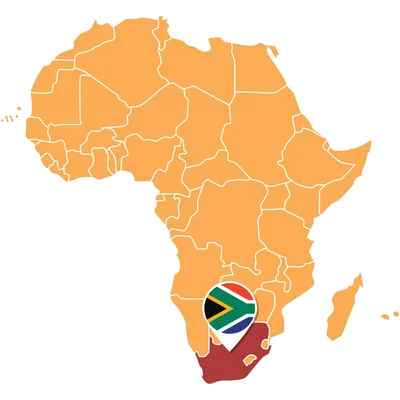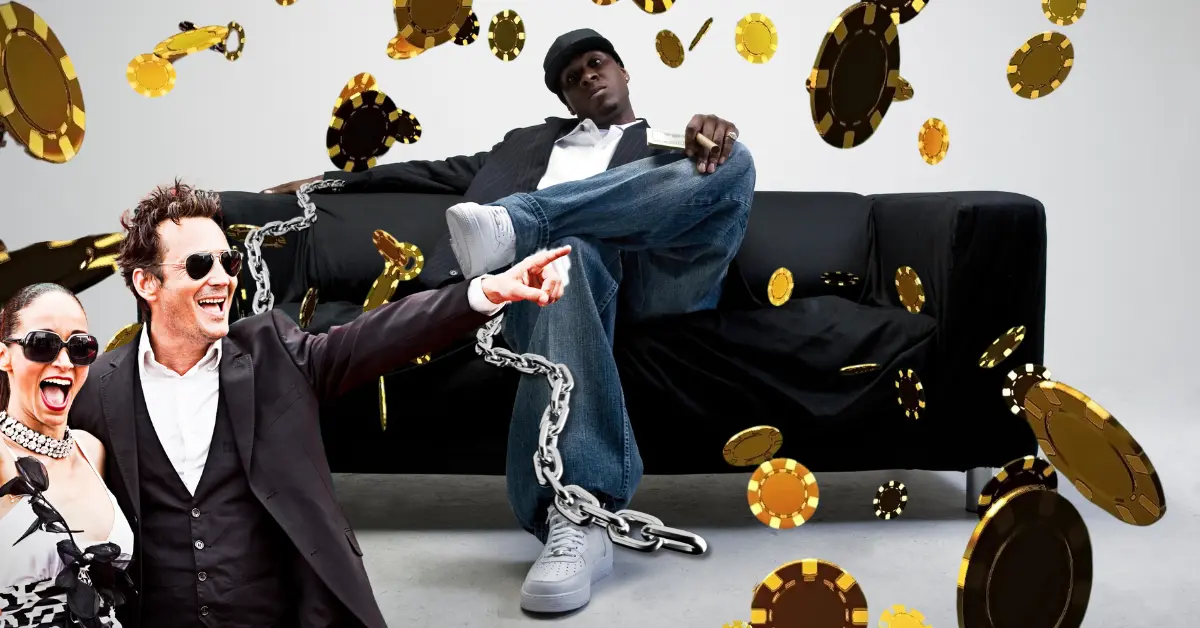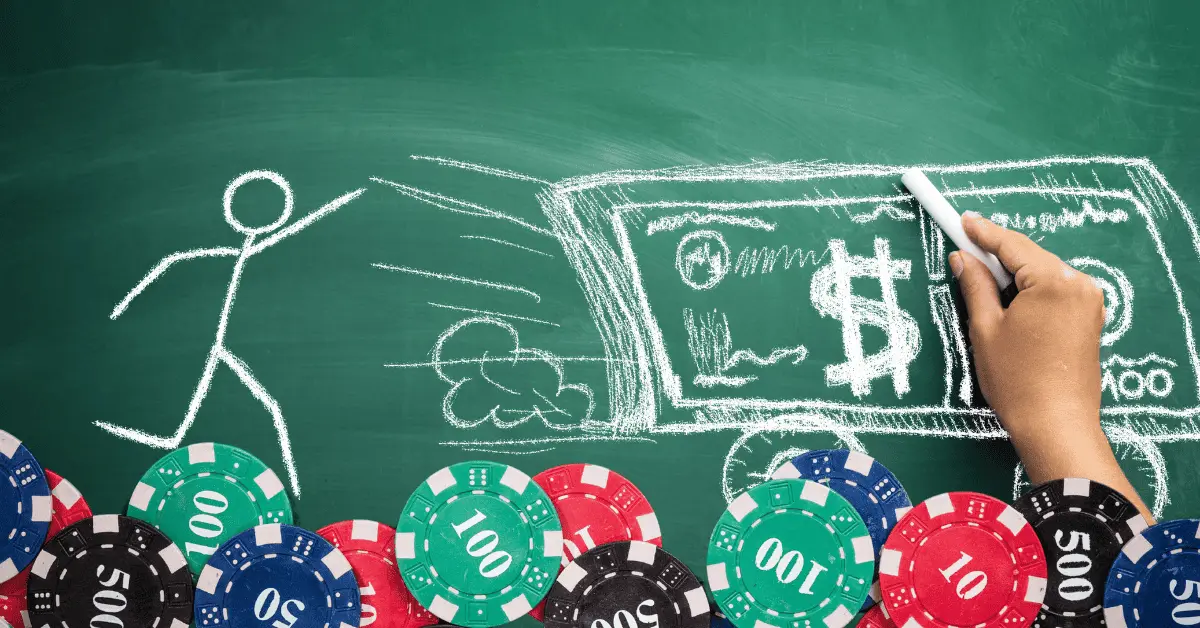The Global Gamble | Exploring Gambling Cultures Around the World

Gambling: a universal pastime that transcends borders and cultures. From rolling dice in ancient Mesopotamia to the high-tech online casinos of today, the thrill of the gamble has been a constant human pursuit. Join us as we travel to different corners of the compelling world of gambling across different cultures—from its roots, traditions, changes, and all of the eccentric forms gambling takes around the world.

The Ancient Beginnings: Mesopotamia and China
We begin our journey into the gambling world thousands of years ago, in the lands of Mesopotamia and Ancient China, where humanity first flirted with fate and fortune. In Mesopotamia, the earliest six-sided dice, dating back to around 3000 BC, tell tales of a civilization that dabbled in games of chance. These weren’t just for entertainment; they were intertwined with the divine, a way to communicate with the gods and seek answers beyond human reach.
Meanwhile, over in Ancient China, evidence shows that a form of lottery helped fund major state projects, like the Great Wall of China. Keno slips from around 200 BC indicate that even then, people were drawn to games of chance and the hope of turning a small wager into a fortune. This wasn’t merely gambling; it was a way to support the communal good, a tradition that reverberates in today’s lotteries worldwide.

Roman Empire: A Double-Edged Sword
As we traverse timelines, we end up in the Roman Empire, and gambling takes on a new persona, reflecting the empire’s grandeur and the complexities of its society–gambling was hugely popular among all classes in Rome, from the soldiers gambling away their earnings on the barracks’ floors to the nobles who bet on chariot races in the grand Circus Maximus. Dice games, which were officially illegal except during the Saturnalia festival, were a common vice, leading to fortunes won and lost in the blink of an eye.
But this widespread passion for gambling also brewed major discontent among the Roman rulers. Emperors like Augustus and Nero, themselves known to indulge in gambling (hypocritical, just like today’s politicians, so that has remained a constant), passed laws to curb its spread, fearing it could undermine military discipline and the moral fabric of society. Of course, these edicts did little to dampen the Roman populace’s love for a good bet! Gambling, for them, was more than a pastime; it was a reflection of life’s unpredictability, a microcosm of the empire’s rise and fall.
Gambling’s ancient beginnings show it wasn’t just a form of entertainment–it was a cultural touchstone that gives us a glimpse into the values, beliefs, and practices of early civilizations. From Mesopotamia’s dice to the lottery of Ancient China, and the betting habits of the Roman Empire, the temptation to gambling is a constant–a thread that connects us with our ancestors—we all love a good bet.

The Eastern Perspective
China’s relationship with gambling is as ancient as it is profound, rooted deeply in a cultural affinity for luck, fate, and fortune. The story begins with Keno, a lottery-like game believed to have helped fund the Great Wall–how cool is that? Fast forward to today, and you will find the glittering casinos of Macau, a testament to China’s lasting passion for gambling. This special administrative region, often dubbed the “Las Vegas of Asia,” is the only place in China where casino gambling is legal, attracting millions from around the globe.
The Chinese believe deeply in the concept of luck and see gambling not only as a chance to win money but as a way to test their favor with the forces of destiny. Festivals and holidays often include games of chance, reinforcing the notion that luck is a companion to be courted and revered.

Japan’s Pachinko Parlors
In Japan, gambling takes on a different form, mixing the excitement of chance with the fun play of arcade gaming. Enter the world of Pachinko parlors, a racket of sound, light, and enthusiasm. These parlors, which can be found nationwide, are filled with vertical pinball machines that offer a distinct gaming experience.
While technically not considered gambling, as no direct cash payouts are never given, the winnings can be exchanged for prizes or tokens, which can then be converted into money at nearby venues. Pachinko is more than just a game; it’s a cultural institution, embodying the Japanese skill at balancing the fun of gambling with the discipline of arcade precision–it illustrates a society that appreciates subtlety and indirectness, even in the pursuit of leisure and entertainment.

The European Gamble
The concept of the modern casino can trace its roots back to Italy, specifically to Venice in the time of the Renaissance. It was here, amidst the flourish of art and the quest for knowledge, that the first recognized gambling house, the Ridotto, was established in 1638. The state-sanctioned Ridotto was opened to provide a controlled gambling environment during the carnival season. It wasn’t just about the games; it was a place for the elite to gather, socialize, and engage in the finer aspects of Venetian society, all under the guise of gambling. This blend of leisure and culture set the template for the modern casino experience, making Italy a pivotal point in the evolution of gambling.

Britain’s Betting Shops and Royal Ascot
The UK’s gambling landscape is characterized by a dichotomy between the opulence of horse racing events like Royal Ascot and the everyday accessibility of betting shops. Royal Ascot, with its royal patronage and centuries-old traditions, epitomizes the aristocratic ties to gambling, offering a glimpse into the historical significance of horse racing as a sport of kings.
On the other end of the spectrum, betting shops, legalized in the 1960s, have brought gambling into the daily lives of the working class. These establishments are a testament to the UK’s pragmatic approach to gambling regulation, aiming to curb illegal betting while providing a space for this popular pastime. From the grandeur of Ascot to the grassroots level betting shop, the UK embraces gambling as a facet of national identity, woven into the social and cultural fabric of the country.

The American Dream
And we are back stateside in Las Vegas, which is a desert oasis monument to the American spirit of risk and reward, transforming from a barren desert into the neon capital of gambling. This transformation began in the early 20th century, but it was the post-World War II era that saw Vegas bloom.
Visionaries like Bugsy Siegel saw potential in the Mojave Desert, investing in luxurious casinos that would attract the rich and famous. The city’s reputation grew, fueled by the allure of big wins and high stakes under the neon lights. Today, Las Vegas is more than just a gambling city; it’s a symbol of opulence and dreams, where anyone, regardless of their background, can strike it rich.

Native American Casinos: A Catalyst for Change
The rise of Native American casinos in the late 20th century marked a significant shift in the gambling landscape of the United States. Following the passage of the Indian Gaming Regulatory Act in 1988, tribal lands saw the emergence of casinos as a means of promoting economic development and self-sufficiency.
These establishments have had a profound impact, not just economically, by generating revenue and creating jobs, but also culturally, by funding education and healthcare programs and revitalizing indigenous traditions. While challenges persist, the success of tribal gaming has offered a model of empowerment and self-determination for Native American communities.

The African and South American Market
In South Africa, the journey of gambling has been a tumultuous one, moving from strict apartheid-era bans to a thriving industry. The legalization of gambling in 1994, following the end of apartheid, opened the doors to a regulated market, leading to the establishment of world-class casinos and a burgeoning sports betting scene.
This evolution reflects South Africa’s broader social and economic transformations, using gambling revenues to fund public programs and infrastructure projects. Today, it stands as a beacon of regulated gambling on the continent, balancing the promise of economic development with the challenges of making certain there are responsible gambling practices in place.

Argentina and Brazil’s Players
In South America, Argentina and Brazil exemplify the region’s passionate engagement with gambling. Argentina boasts a rich history of horse racing and casinos while recently embracing online betting, reflecting the country’s open attitude towards gambling. Brazil, on the other hand, has seen a more complex relationship with gambling, navigating through periods of prohibition and regulation.
However, the Brazilian passion for football has made sports betting particularly popular, mirroring the national obsession with the sport. Both countries demonstrate the dynamic nature of gambling in South America, characterized by a blend of traditional games and the growing influence of online platforms.

The Digital Frontier: Online Gambling’s Global Village
The advent of the internet has ushered in a new era for gambling, erasing geographical boundaries and creating a global village of gamblers. Online platforms offer everything from slots and poker to sports betting, accessible from anywhere at any time. This digital revolution has democratized gambling, opening it up to a wider audience and transforming it into a mainstream pastime. With the rise of mobile gambling, the industry continues to evolve, adapting to the changing habits and preferences of consumers worldwide.

Virtual Reality Casinos and the Future
As we look to the future, virtual reality (VR) casinos represent the next frontier in gambling. This technology promises to blur the lines between the physical and digital worlds, creating immersive environments that replicate the excitement of a real casino. Players can walk through virtual casinos, interact with other players, and sit at a poker table, all from the comfort of their homes.
While still in its infancy, VR gambling has the potential to revolutionize the industry, offering experiences that are as thrilling as they are novel. As technology advances, the future of gambling looks set to be as unpredictable and exciting as the games it hosts.
Final Thoughts
Gambling has always been around and acts as a mirror that reflects people’s dreams, fears, and the perpetual chase for fortune. Across the globe, it morphs to fit into different cultural contexts, but make no mistake—the heart and soul of the buzzy excitement surrounding betting remains a constant.
As we traveled from the ancient dice games by the Tigris to virtual reality slots, one thing is obvious: gambling, in all its many forms, continues to attract and entertain people from every corner of the world. It is a universal language, and if you speak it, remember to gamble responsibly!

Alyssa contributes sportsbook/online casino reviews, but she also stays on top of any industry news, precisely that of the sports betting market. She’s been an avid sports bettor for many years and has experienced success in growing her bankroll by striking when the iron was hot. In particular, she loves betting on football and basketball at the professional and college levels.








